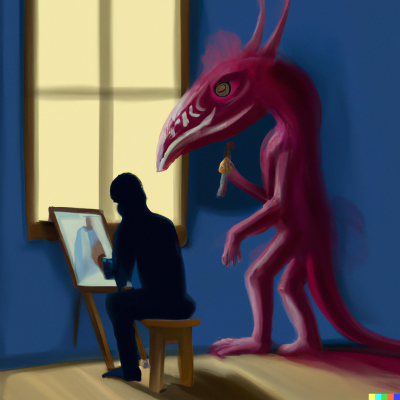
In a world where stress, anxiety, and emotional struggles have become increasingly prevalent, the search for holistic and effective therapeutic approaches has gained momentum.
Art therapy, a unique and innovative form of mental health treatment, has emerged as a powerful tool for individuals to explore their inner worlds, express themselves, and promote overall wellbeing. This blog post delves into the numerous benefits of art therapy and its transformative impact on emotional healing and self-discovery.
Emotional Expression and Communication
Art therapy provides a safe and non-verbal outlet for individuals to express complex emotions that may be difficult to articulate verbally. Through various artistic mediums such as painting, drawing, sculpture, and even music, individuals can channel their feelings and thoughts into tangible forms. This process enables participants to communicate their inner experiences, facilitating a deeper understanding of their emotions and encouraging emotional release.
Stress Reduction and Relaxation
Engaging in creative activities has been shown to trigger the brain's relaxation response, leading to reduced stress and anxiety levels. Art therapy encourages a state of flow, where the individual becomes fully absorbed in the creative process, temporarily escaping from the pressures of daily life. This meditative quality of art-making can promote a sense of calm, helping individuals manage stress more effectively.
Self-Exploration and Identity
Art therapy invites participants to explore their sense of self and identity through visual representation. As individuals experiment with colors, shapes, and forms, they may discover hidden aspects of their personality, values, and beliefs. This self-exploration can lead to greater self-awareness and self-acceptance, fostering a stronger connection to one's authentic self.
Coping and Resilience
Creating art allows individuals to confront and process traumatic experiences or challenging life events in a controlled and supportive environment. Through the act of transforming these experiences into artistic expressions, individuals can gain a sense of mastery and control over their emotions, fostering resilience and adaptive coping strategies.
Enhanced Problem-Solving and Cognitive Skills
Art therapy engages cognitive functions by requiring participants to make decisions about colors, composition, and artistic techniques. These activities stimulate critical thinking, problem-solving, and decision-making skills, which can extend beyond the creative process and positively impact other areas of life.
Social Interaction and Connection
Group art therapy sessions provide opportunities for social interaction and connection with others who may share similar struggles. Engaging in creative activities as part of a community fosters a sense of belonging and support, reducing feelings of isolation and loneliness.
Improved Self-Esteem and Confidence
The process of creating art and witnessing one's creative achievements can significantly boost self-esteem and confidence. Accomplishing artistic goals, whether large or small, empowers individuals and reinforces a positive sense of accomplishment.
Art therapy is a profound and multifaceted approach to healing that harnesses the innate human capacity for creativity. Its benefits extend beyond artistic skill development, offering a path to emotional expression, self-discovery, stress reduction, and personal growth. Whether through individual or group sessions, art therapy has the potential to catalyze transformative changes in individuals seeking to enhance their mental, emotional, and psychological wellbeing.